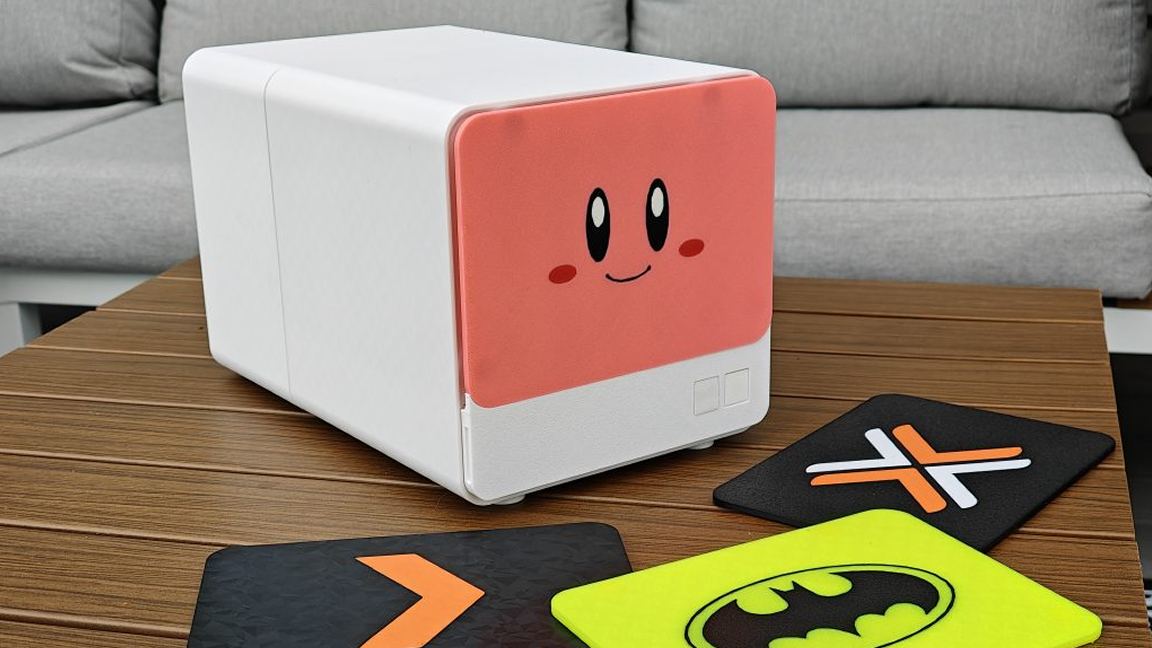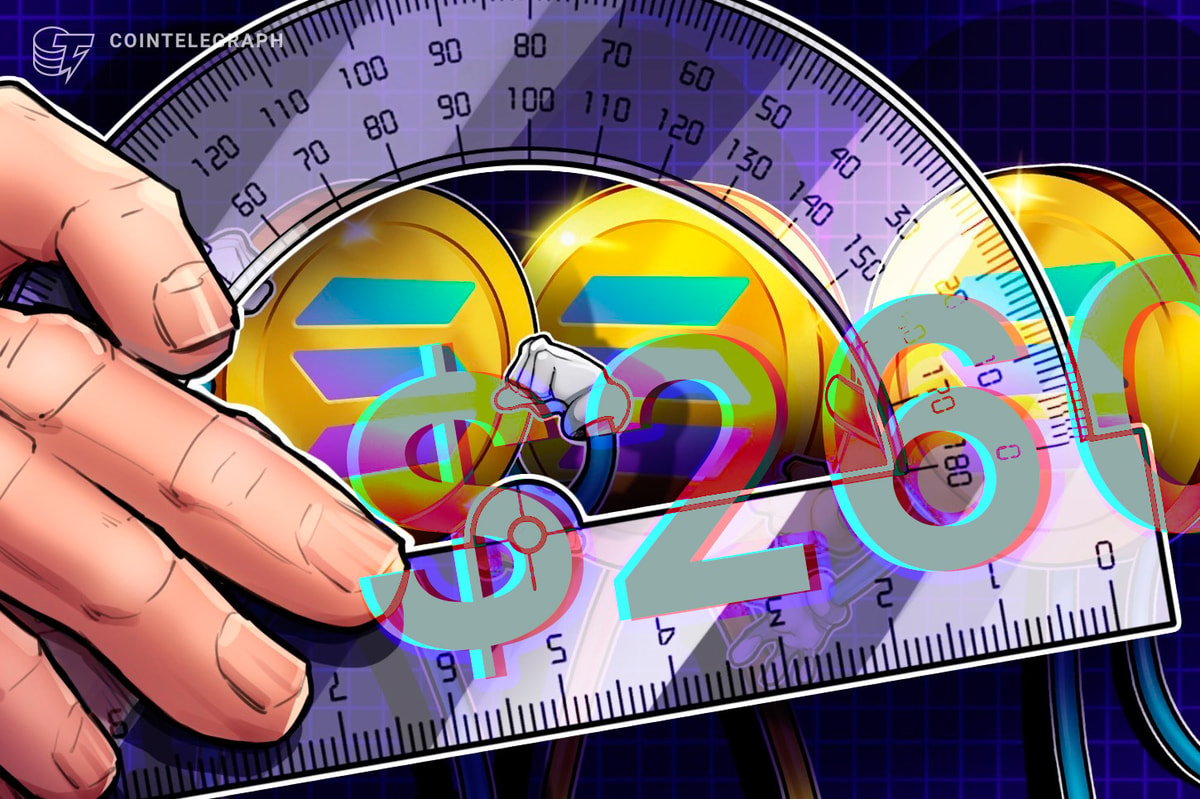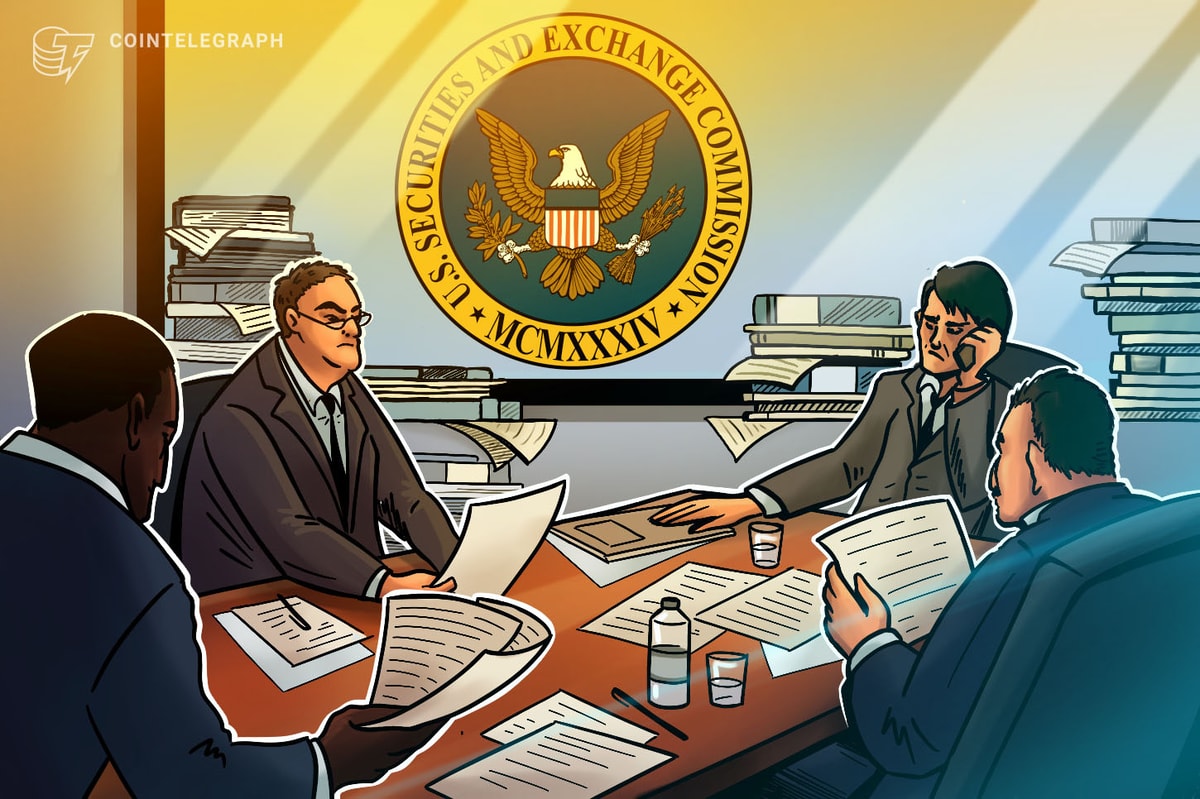Ford CEO Jim Farley said in a recent interview that he believes "half of all white-collar workers in the U.S." could lose their jobs to artificial intelligence (AI) in the coming years. Although other executives, like Nvidia's Jensen Huang, claim otherwise, Farley is not alone in his predictions. A number of other business leaders have been quoted this year saying that the workplace as we know it will change dramatically due to AI, and that's going to mean redundancies as per WSJ.
The debate over the impact of AI on workers and their employment status has been hot for the past few years. Some of the biggest fear-mongers come from the AI industry itself, with the CEO of Anthropic, Dario Amodei, recently stating that he thought half of all white collar workers would be replaced by AI, and that this could spike unemployment to 20%.
Although an argument could be made that Anthropic benefits from overhyping the capabilities and potential impact of AI, other CEOs in non-affiliated industries are also sounding warning bells. Along with Ford's Farley, Fiverr's CEO Micha Kaufman said in a staff memo earlier this year that it didn't matter what field you were in, "AI is coming for you."
The CEO of Shopify, Tobi Lütke, was quoted as telling workers to only make new hires if AI couldn't do the job instead. IBM has reportedly replaced several hundred of its HR workers with AI agents. There are also reports that Microsoft is internally trying to use AI for more tasks, which could be a factor in its latest round of layoffs.
The CEO of JPMorgan Chase also said in May that it could see its headcount being cut by 10% in the coming years as it makes use of new AI tools in its business. Amazon's CEO, Andy Jassy, told employees in June that it expected its overall corporate workforce to be reduced over the coming years. This may come in line with its expanded use of robotics across its logistics network.
However, CEOs are known to want to share exciting potential for new efficiency savings and potential profit expansion to stockholders and the media, and not every executive is convinced that AI will have such a devastating effect on the employment of millions of workers around the world.
Nvidia's Huang has previously said he “pretty much disagree[s] with almost everything," that the Anthropic CEO said about the potential dangers of AI. OpenAI's COO, Brad Lightcap, also stated on the "Hard Fork" podcast recently that there has been little evidence so far that AI has replaced entry-level jobs on a large scale and that any such change won't be as swift or as broad as others claim.
It may be that certain jobs are displaced, but that others become more important in turn. Following IBM's reduction in HR staff, it actively hired more programmers and salespeople.
Others argue that AI will simply make workers more efficient, increasing productivity, rather than reducing the need for workers altogether.
Follow Tom's Hardware on Google News to get our up-to-date news, analysis, and reviews in your feeds. Make sure to click the Follow button.

 3 weeks ago
42
3 weeks ago
42









 English (US) ·
English (US) ·